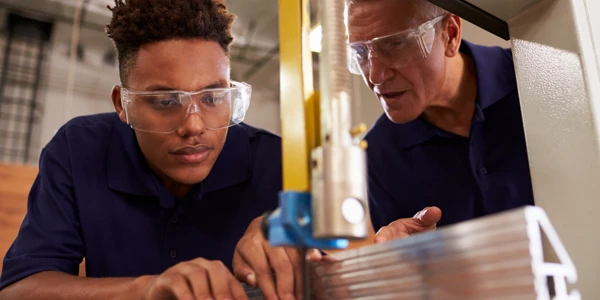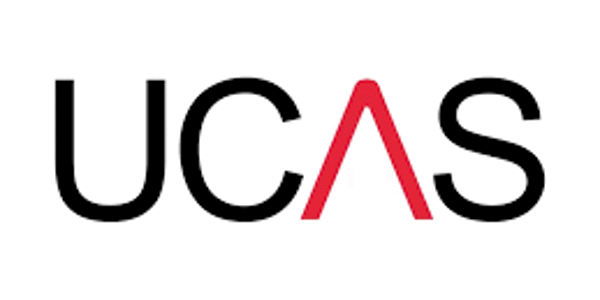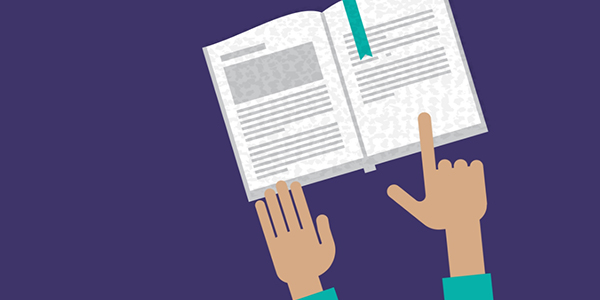As a parent or carer you have an important role to play in supporting your young person in their learning, education, and decision-making. All these options and choices can feel overwhelming for young people; they may feel that getting them right or wrong will define their future.
Here, we break down the important moments of your young person’s education between Year 7–11 and offer information and guidance on how you can help them make the most of each opportunity and pick a pathway that feels right for them.
The ‘Low Down’ - A guide to Higher Education for parents and carers
The ‘Low Down’ in a handy guide to help your understand and explore all the options available to your young person after their GCSEs and beyond.
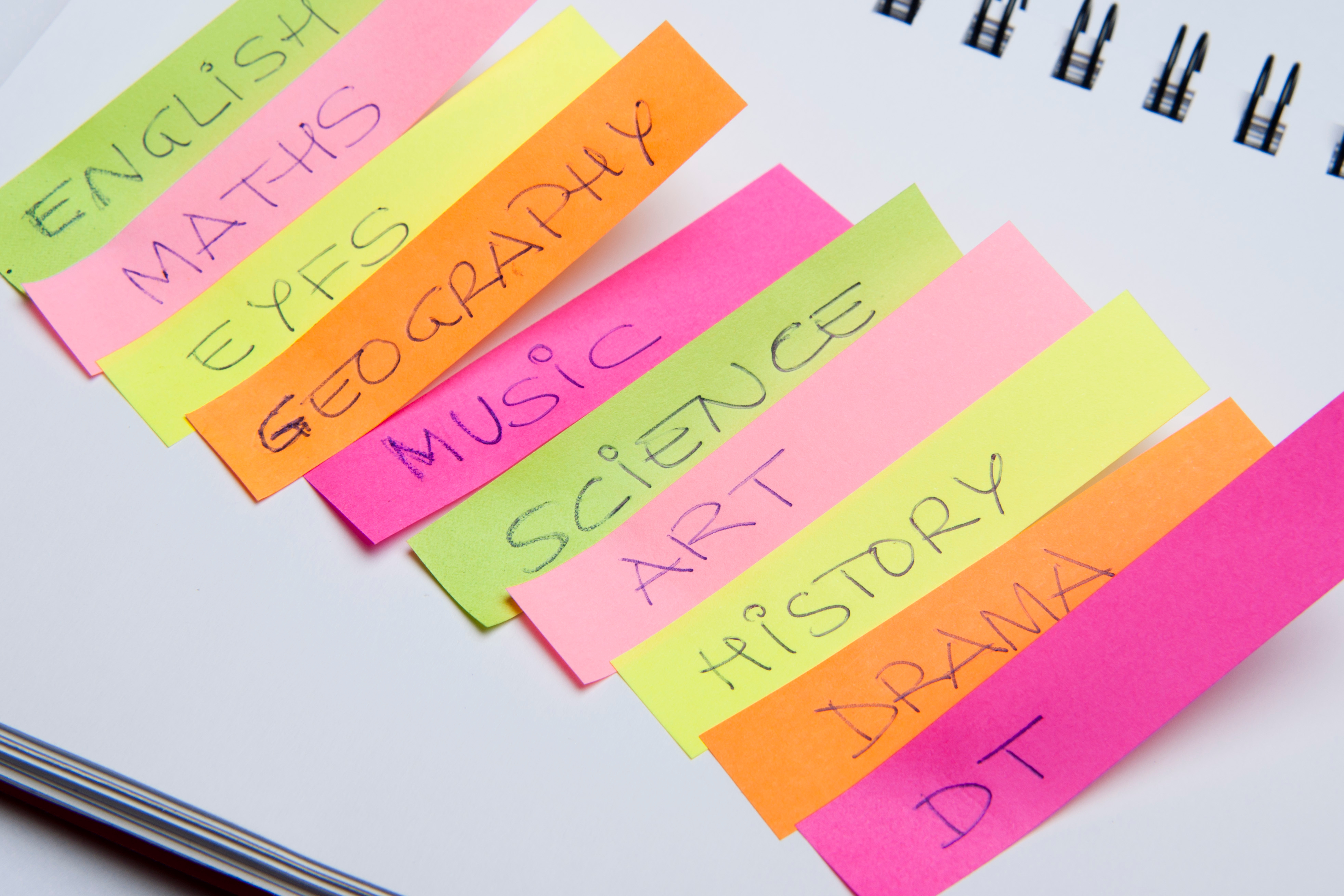
Choosing their GCSEs
In Year 9 your young people will be asked to decide which GCSE subjects they would like to study in Year 10 and 11. This will be the first time they will have the opportunity to make important decisions about their education and their future. We understand that this can be either a very exciting or confusing time for them.
Choosing GCSE options is the first big step for your young person to start developing independence and the ability to take control of their decisions. They can learn a lot about themselves through the process of choosing their GCSEs. Check out our GCSE Options resource to find out how you can support them to explore their options and make decisions.
Here are some suggested questions to help get a conversation started with your young person around GCSEs and their future:
- What are your top three subjects, and why? What subjects do you dislike the most, and why?
- What are the most exciting things you’ve learnt this year, and what subject(s) did you learn them in?
- How do you learn best? Through listening? Discussing ideas with others? Reading? Practical tasks? Which subject(s) do you feel you learn best in?
- What makes you feel confident at school? Are there any subjects where you feel more confident, and why?
- What would you like to achieve before your finish secondary school? Is there a subject that could help you achieve this?
Visit the UEA Curious Questions webpage to explore resources that can help your young person explore their feelings about GCSEs, find out how their interests and hobbies could shape their future, and support you to help them choose which subjects to study.

Work Experience
Each school will hold work experience week on different dates, so ensure you and your young person have the work experience dates in your diaries so you can plan early.
Employers often invite young people to an interview, or at least organise a phone conversation, before offering them a work experience placement.
Before they apply for a work experience placement, ensure your young person has reflected on:
- Why do they want to do their work experience with this company or organisation?
- What skills and strengths do they have that they could offer during their work experience?
- What do they hope to gain and learn from the work experience opportunity?
Asking these questions can help identify their skills and relevant experience before they speak to an employer.
It’s important that during and after work experience, your young person reflects on what they’ve learned and how the experience has shaped what they might like (or not like) to do in the future. Use this Work Experience Reflection resource to help them reflect on and talk about their experience.
Post-16 options (what they do next after GCSEs)
All post-year 11 options have their benefits. Choosing the right pathway for your young person is what matters. Scroll through to consider which option might be the best fit for them.
Check out our parent and carer resource featuring practical advice on how you can support your young person to explore and make decisions about their Post-16 options.
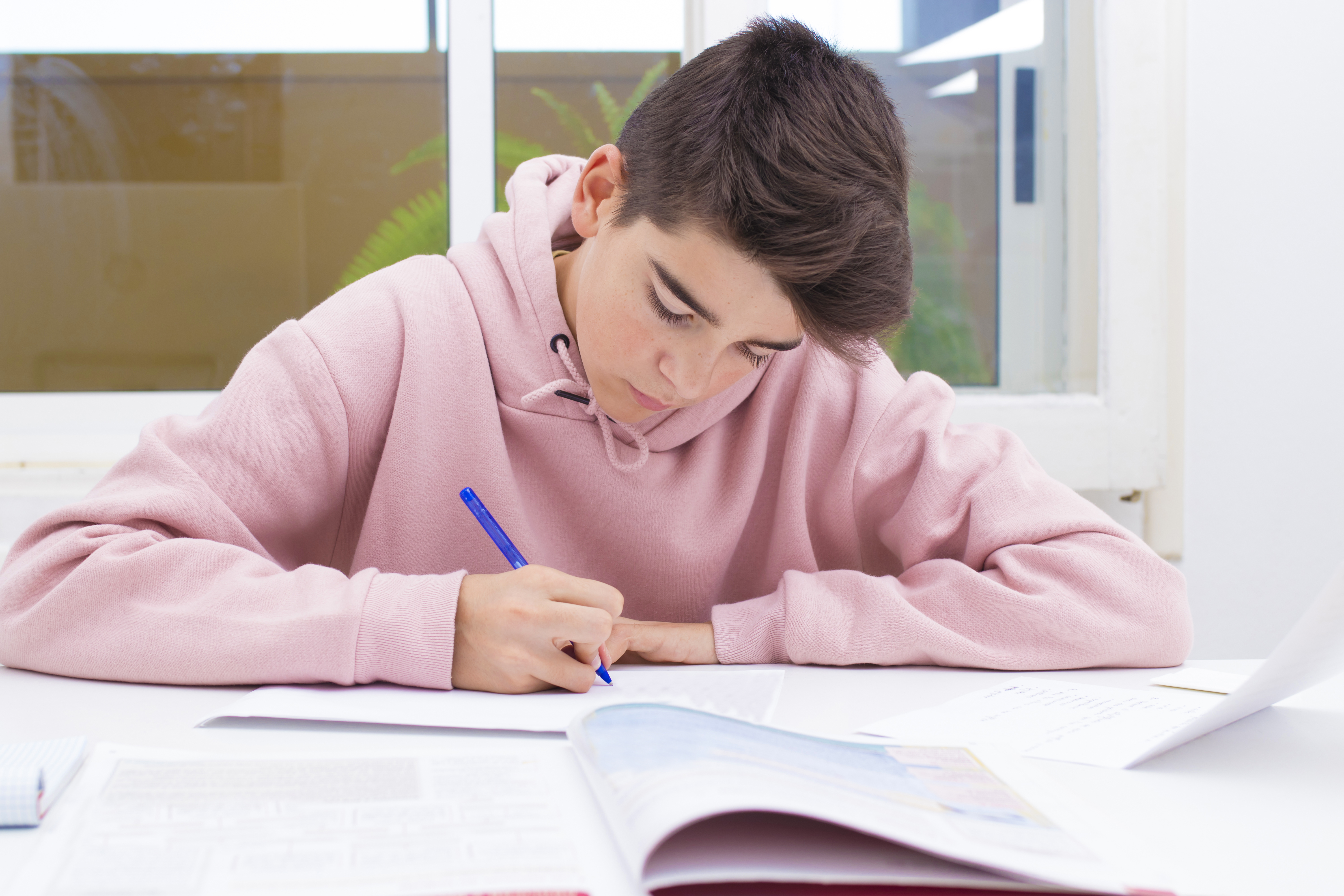
Study Skills – revising for exams
Your young person’s GCSE exams can feel like a stressful point in their education. It’s important that they study to do the best they can, but also that they don’t get overwhelmed by revision. As a parent or carer, there’s so much you can do to support them and help ease the pressure.
Working in collaboration with the Exam Study Expert we’ve created our Take Your Place Parent and Carer Study Skills guide. Featuring practical advice on the most effective techniques, we can help you understand how you can support their learning and revision at home.
CLICK HERE FOR THE TAKE YOUR PLACE STUDY SKILLS GUIDE FOR PARENTS & CARERS

Wellbeing
If you think your young person is feeling the pressure and struggling with their wellbeing, there are steps you can take to support them. Check in with them and ask if there’s anything you can do to help them find the support they need.
Having access to the right information is key so we've put together a list of resources and services that offer confidential support and guidance to help your young person when they need it the most.
